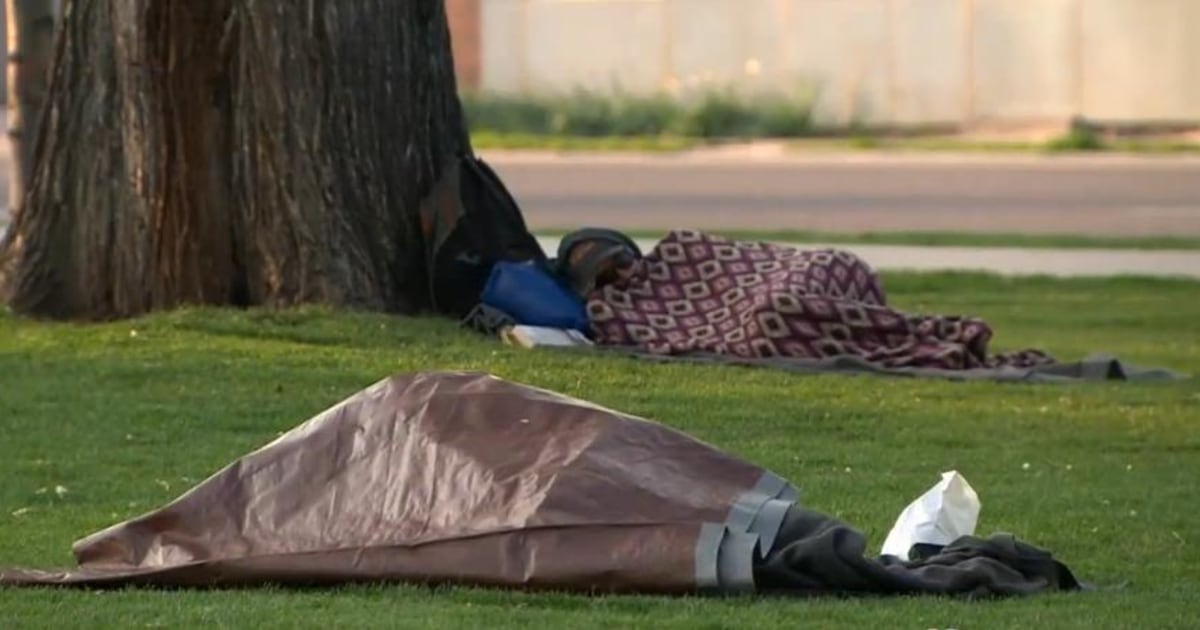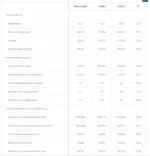Well no, the OP reference makes the dubious claim that giving the homeless money "makes the taxpayer rich".
Let's logically test your assertion: If you give a homeless person $7500 and do you get rich?

But this type of first order analysis will generally miss the big picture. It's the same kind of short sighted statistical analysis that leads to policies that create events like the California homeless crisis.
The first issue is that for every 1 homeless person there are numerous people who are near homelessness, but getting by without much assistance.
If you are looking at this as a way to "make tax payers rich" then you would have to account for the draw of easy money on the number of people applying for the benefit under the new program who don't receive benefits already.
Moreover, I'd have to call into question the "savings", or what those savings really mean. For most benefits to the low and zero-income homeless, that $7500 just makes them ineligible (in the US anyway). So yeah, you give people money and they are ineligible for benefits... but...
The real issues with the study is the limited scope of allowed subjects that makes it difficult to implement in the real world. For instance, the selection process:
View attachment 67466987
So essentially they were looking for newly homeless people without severe mental issues or drug abuse issues. So sure, that very narrow group, I'd argue, should be treated very differently than the mentally ill and the drug addicted homeless... I could have saved whoever funded this study a lot of money. The problem is you can't implement a narrow program like that in the US that denies people benefits based on disabilities... so you would have to give the benefit to all homeless, a group that the test designers themselves admit might be harmed by receiving a large sum of cash.
Also interesting is the demographics of the 115 participants (
a mere 16% of the starting sample made it through screening):
(
View attachment 67466988
So the control group had: Lower starting income, same basic employment rate, less willingness to take a job, and were markedly worse at money management (control spent 8.5% more than they made annually versus the test group who spent 24% less than they made)
That last statistic is so lopsided that it pretty much invalidates the whole study. That is a 33% swing is money management skills between control and test... it's so utterly lopsided that it kind of stinks of an intentionally corrupted selection process.
So even if it was just an accidental deviation, all they have shown is that a very narrow group of homeless who are not mentally ill, not substance abusers and are good with managing money... manage money better than those who aren't good at managing money.
At best this study falls into the "Farts Smell" classification of studies...



